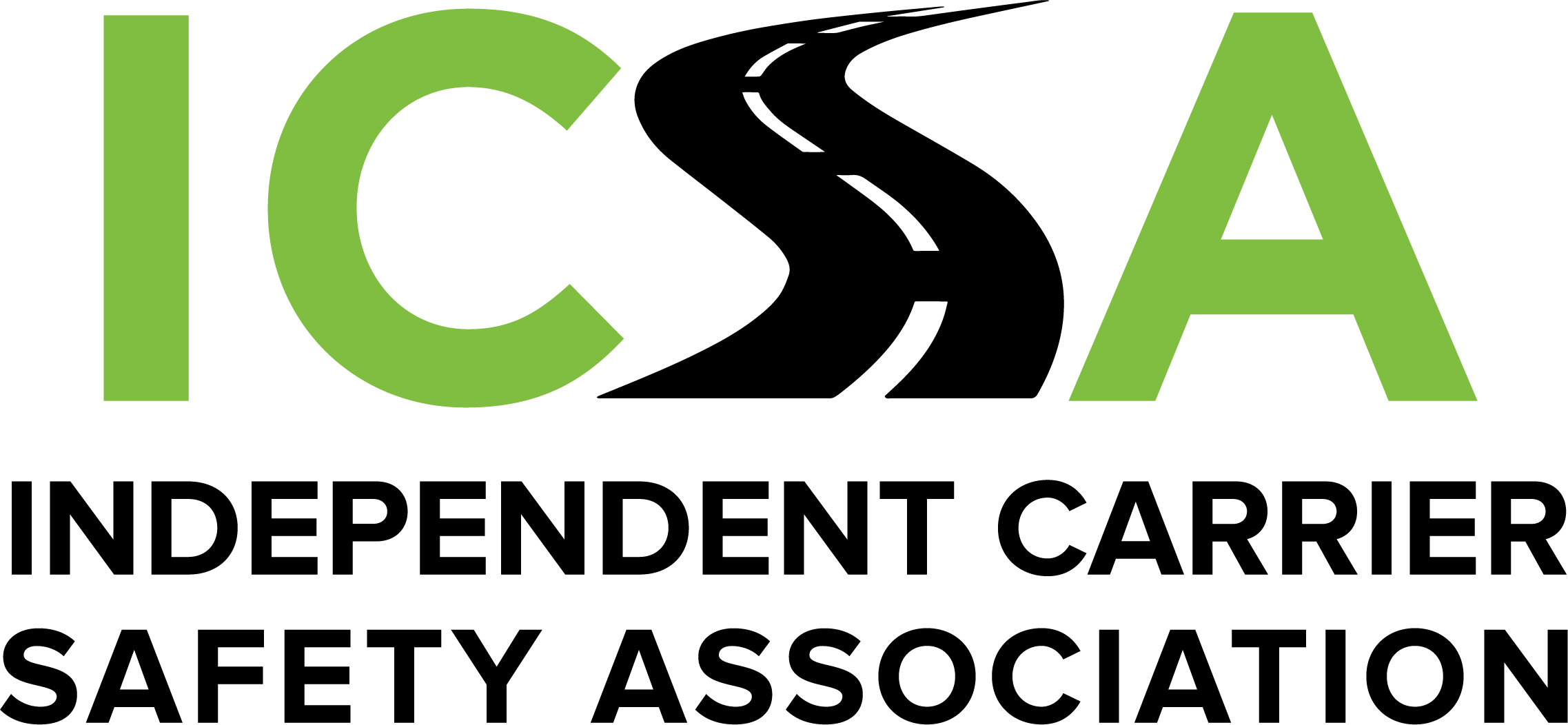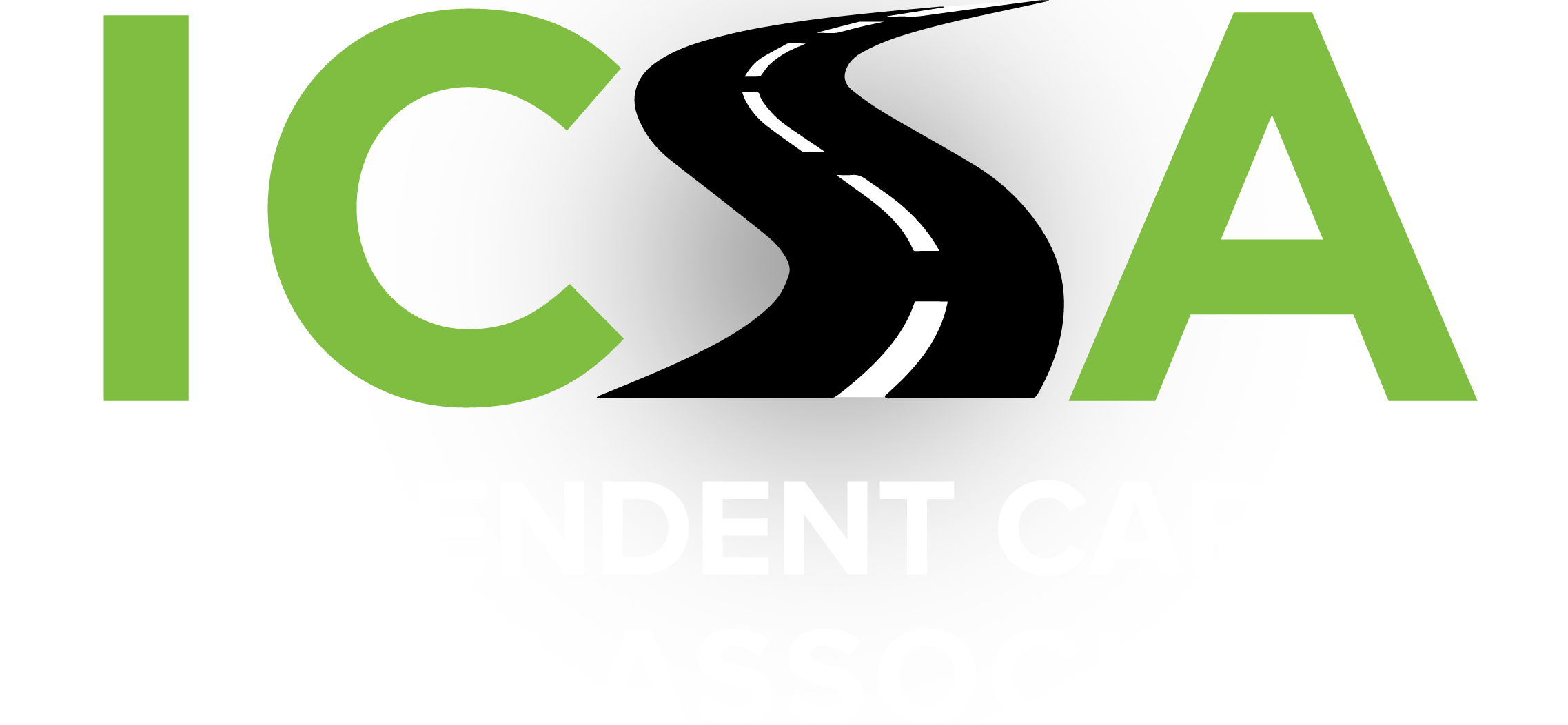Broker fraud – with double brokering schemes and brokers failing to pay money owed – is happening entirely too frequently. The schemes have many names – “hit it and move on” and “take the money and run” are a couple of the most colorful ones – but they end the same way. A carrier, typically a small carrier, hauls a load and doesn’t get paid the funds owed. As we have reported here before, the Federal Motor Carrier Safety Administration has been working to make sure that the bad brokers don’t get away with these practices.
Now FMCSA has finalized the proposed rule that we have described in the October Regulatory Roundup called Proposed FMCSA Regulations. In a nutshell, FMSCA will have the power to quickly (within seven days) shut down a broker whose bond falls below the required $75,000. This can happen when a bond pays out on the broker’s bond. Today the process takes a minimum of 30 days to accomplish.
Other provisions in the final rule include modifying the rules regarding “assets readily available,” requirements that sureties must notify FMCSA if they know of brokers experiencing financial difficulties, and removing loan and financing companies from those allowed to be trustees. You can read the final rule. Had a bad experience with a broker not paying you what they owe? Share it with us at contact@safecarriers.org.


